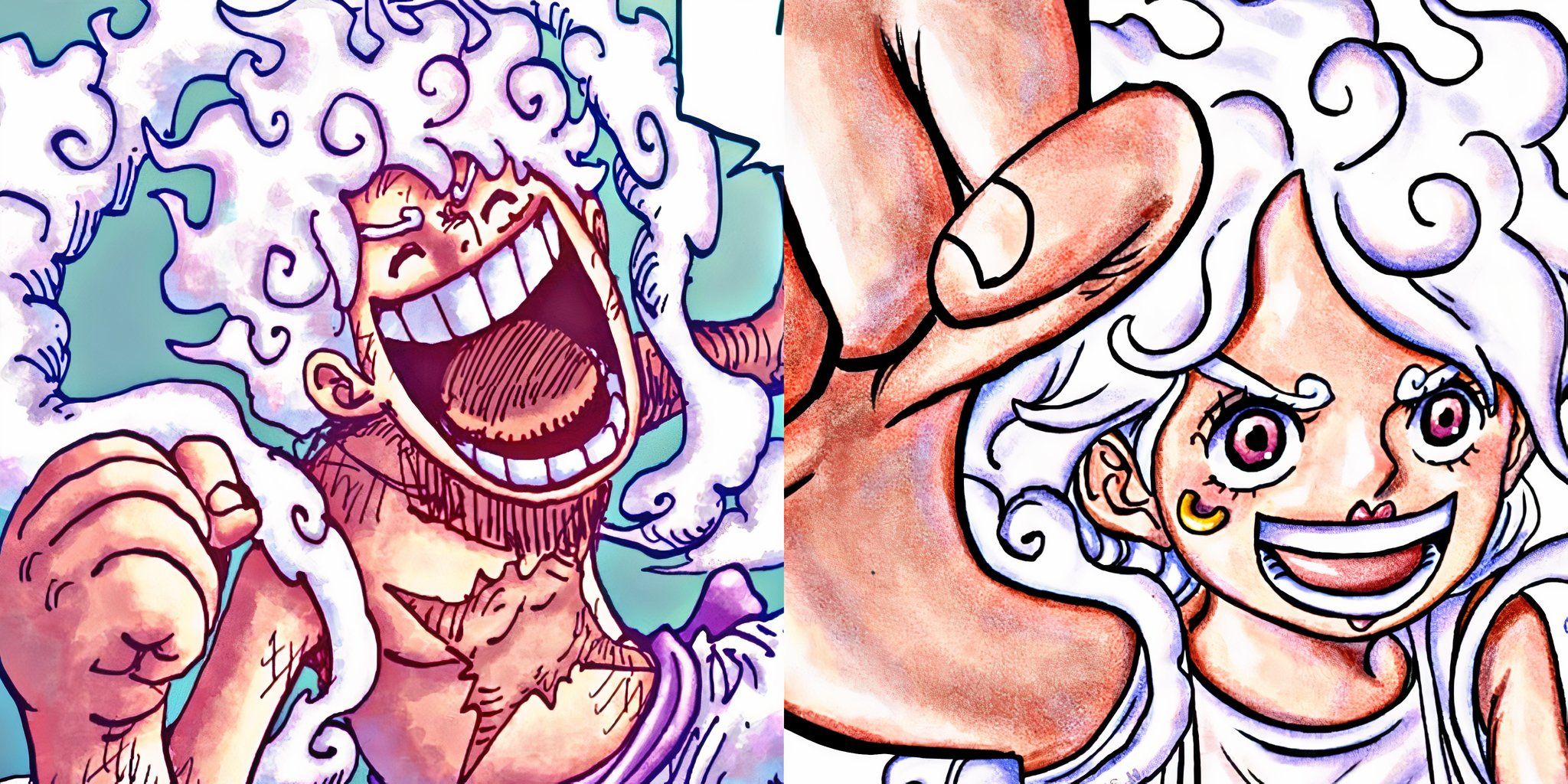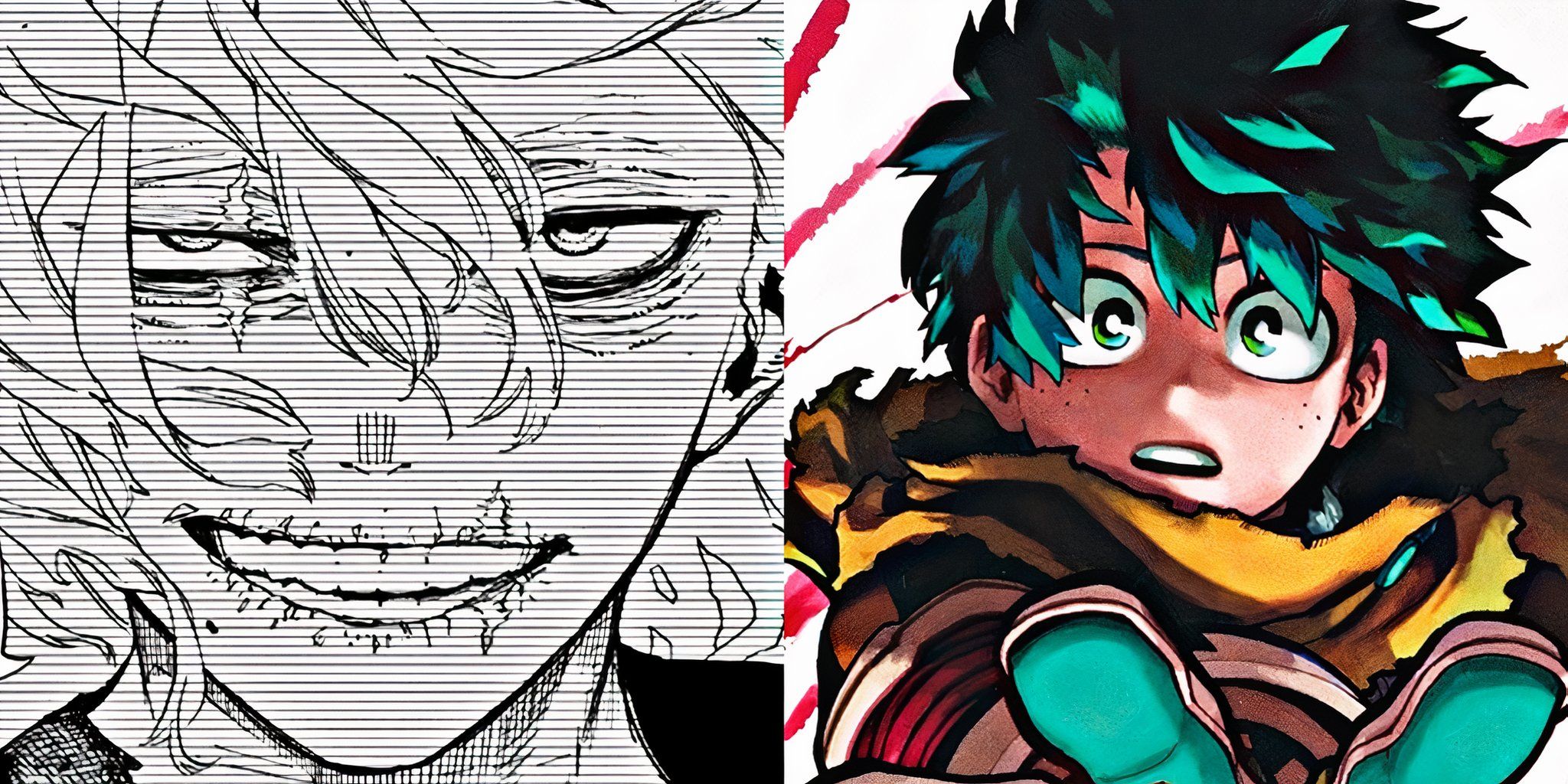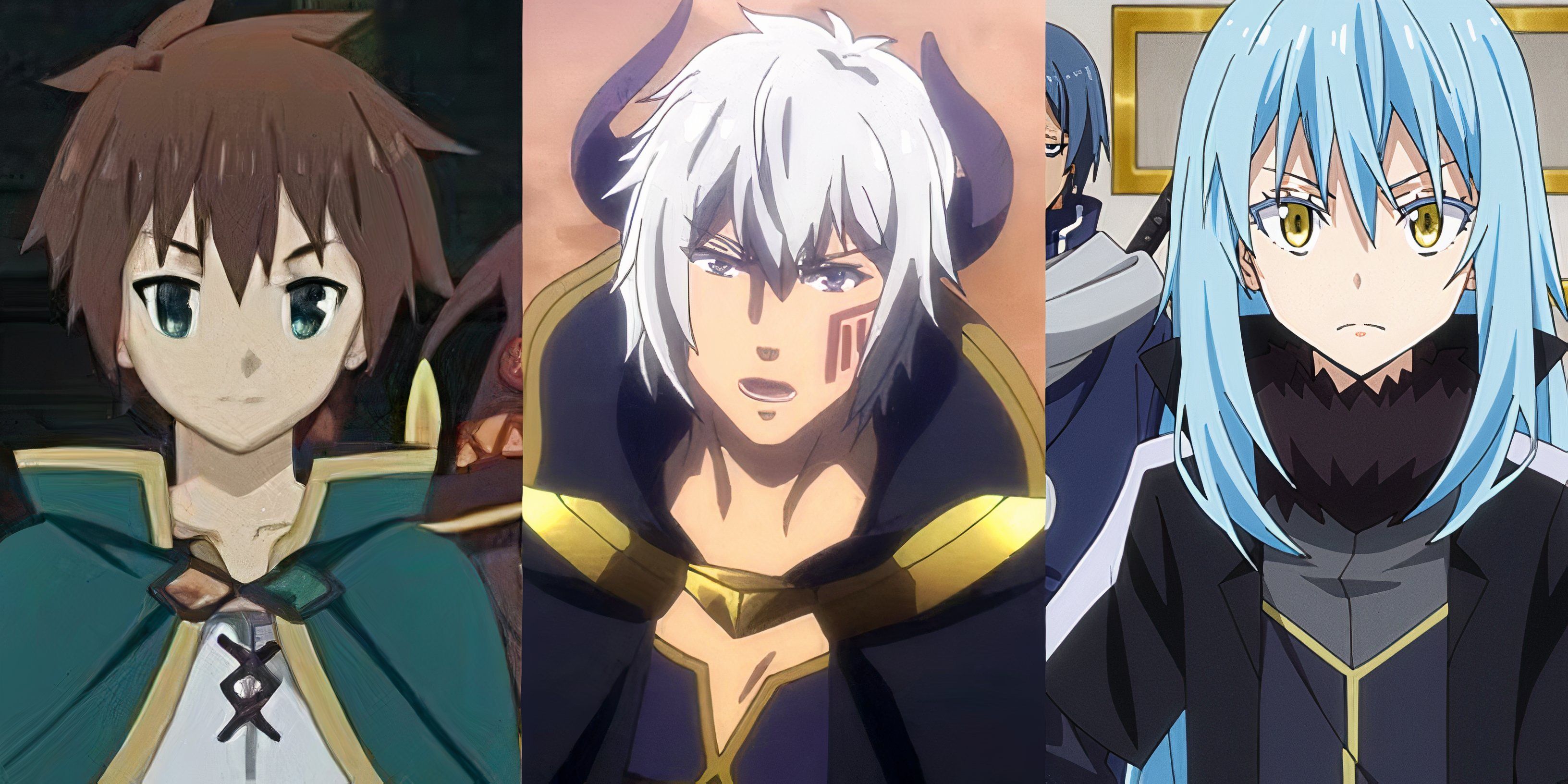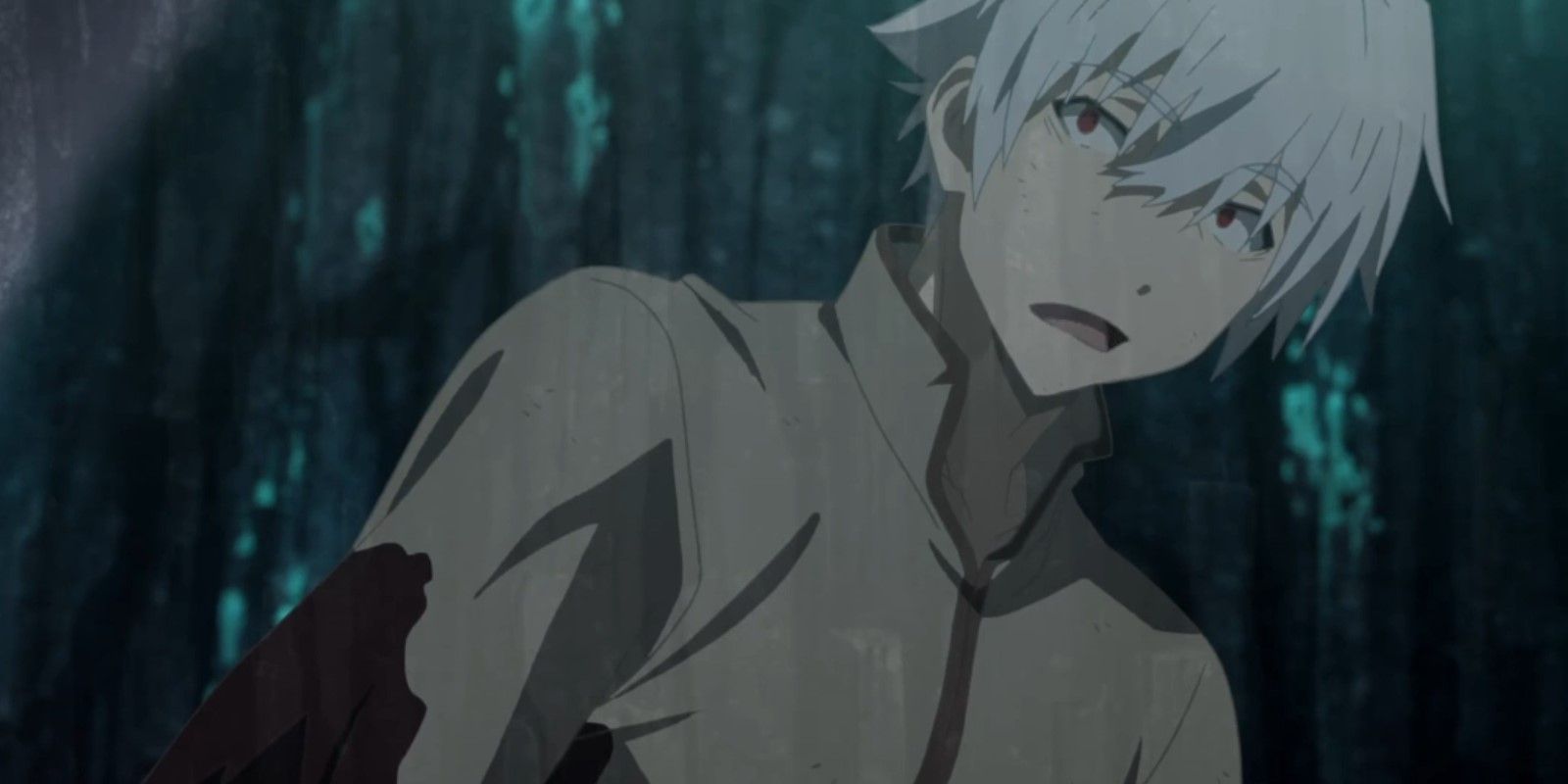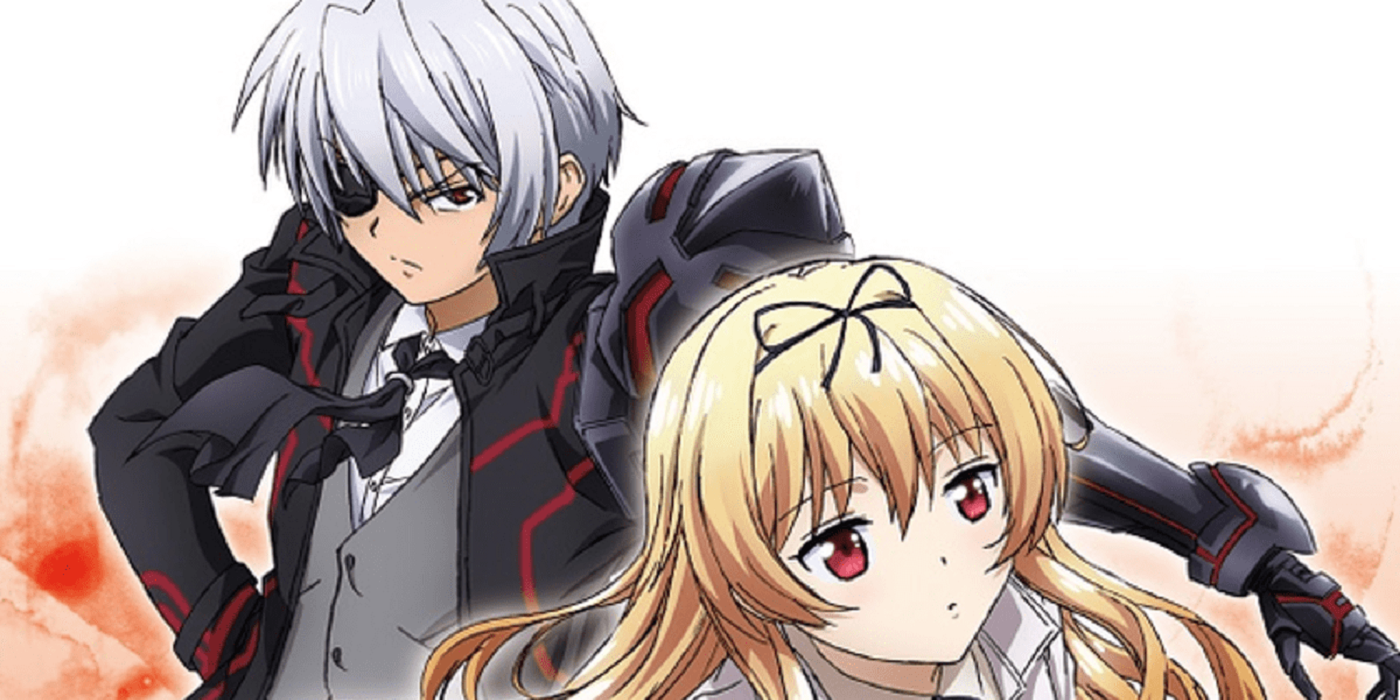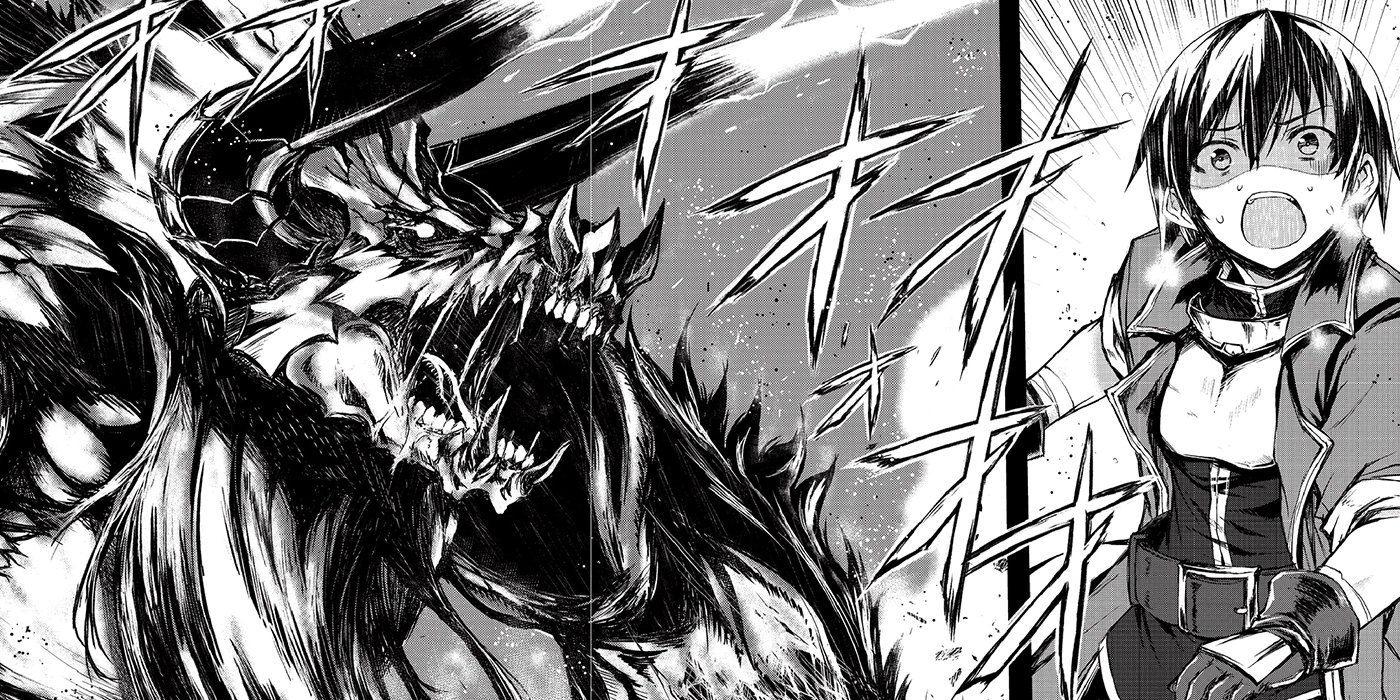One of the most interesting things with anime and manga is its propensity for cross-platform media. Much more commonly than in western comics or animation, a lot of manga and anime are adopted from illustrated light novels.
One textbook example of this cross-media adaptation model so ubiquitous in Japanese entertainment is the Arifureta franchise, which began as a light novel series in 2013 and has branched out to several adaptations in anime and manga. With various different ways of getting into the franchise, learning an overview of the plot can be a great launchpad for approaching its different incarnations.
What is Arifureta?
Arifureta: From Commonplace to World’s Strongest belongs to the isekai genre of anime and manga, which refers to stories of typically high school-aged protagonists finding themselves transported to ‘another world’ (literally isekai) typically bound by self-referential video game and fantasy logic. The story centers around a nerdy high school student, Hajime, who is transported to a fantasy reality with his classmates, including his idol love interest Kaori and even his teacher Aiko. After being transported to the fantasy world Tortus, Hajime discovers that his abilities seem much less powerful than his classmates’, and he must undergo intense training and careful planning to get stronger as the team learns they have been sent to save the alternate reality from destruction.
The series is considered to vary in how hard it leans into the typical tropes of the isekai genre depending on which incarnation you go with, although the initial insignificance of Hajime’s powers in the novels makes for a unique subversion of the genre’s typical theme of effortless wish fulfillment for protagonists. The franchise is intended for a mature audience due to its humor, and the anime in particular is rated TV-MA.
The Initial Arifureta Novels
Arifureta began as a webnovel published online by Ryo Shirakome in Japanese in 2013. The initial webnovel was picked up for light novel distribution in 2015, eventually landing English-language translations starting digitally in 2017 from J-Novel Club and in-print in 2018 from Seven Seas Entertainment. Currently there are 11 volumes of the original light novel series available to read in translation, with the most recent 12th volume currently published in Japanese and slated for an official translation in Summer 2022.
In addition to the main novel series, Shirakome has also authored a spinoff novel series, Arifureta Zero, that serves as a prequel set long before the mainline series takes place. Four of the spinoff’s six volumes are currently available in print and digital translation, with the fifth slated to release in late March 2022.
Arifureta Manga Adaptations
As is common in the anime and manga industries, popular light novels are some of the most common source material for adaptations. This is certainly true for Arifureta, which has had three different manga adaptations. The first series is an adaptation of the main Arifureta franchise. The main manga is ongoing and has been adapted to nine different volumes so far. Out of those, nine, though only seven have received localizations, the eighth volume scheduled for April 2022 with Seven Seas Entertainment. In addition, the Arifureta Zero prequel has also been adapted for a manga, currently at seven Japanese volumes with the sixth slated for localization in May 2022.
Lastly there is a third, more comedic spinoff manga, titled Arifureta: I Love Isekai. This version is meant to focus on the less serious events taking place between the main story beats, and naturally leans a little harder into the comedic and bawdy elements than the original (though the original plotlines still have more than their fair share of that tone as well).
The Arifureta Anime Series
In addition to the novel and manga, the franchise has also been adapted into an anime series. The first season of the anime was released in 2019, including 13 episodes and 2 OVA specials. The show was greenlit for a second season, which began weekly releases of nine new episodes on January 13 and is scheduled through March 10, 2022. The anime series is available for localized streaming on Funimation.
While certain aspects of the Arifureta novels and manga were praised for their satirical handling of certain isekai genre conventions, many fans have panned the anime adaptation. This reception comes on charges of playing the often-used tropes of the genre in a watered down and more predictable fashion as well as an over-reliance on tedious lewd humor. The first season was a co-production between two studios (with the second season having one of the two swapped out for another), and the changing of creatives during production is the likely cause for what many consider to be some odd plotting and pacing decisions, as well as a more routine example of one of the most heavily saturated genres in modern anime.
Still though, the newly airing episodes have shown that there is an audience for the anime. Though there are other anime series that have tackled the isekai setup in a more engaging way that’s netted wider audiences, Arifureta remains a textbook example of the unique cross-platform nature of anime, manga and light novels.

